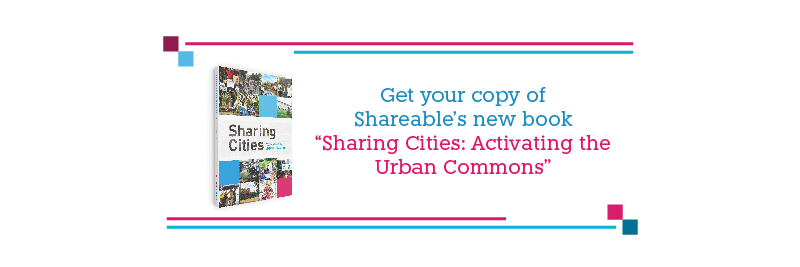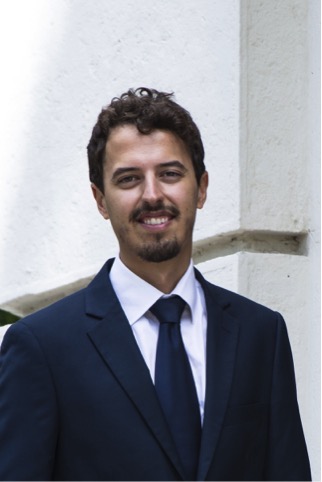This article was adapted from our latest book, “Sharing Cities: Activating the Urban Commons.” Download your free pdf copy today.
As Eurostat data captured from the mid-90s onwards reveals, Municipal Solid Waste (MSW) had continued to steadily increase in the EU. This increase led to prioritizing the development of policies focused on waste prevention. Petra, an open-source tool available on the Helsinki Regional Environmental Services Authority website, aims to promote waste prevention in the whole metropolitan area of Helsinki. Mainly directed at companies and local administrations, Petra’s waste benchmarking allows them to monitor the overall amount of waste they produce — and therefore find the best solutions to prevent it — in line with the number of employees, turnover rate, and material consumption at each workplace. The interesting aspect of this policy is that it promotes quantitative instruments to the public and fosters the creation of networks at both private and public level to save more.
Benchmarking is available free of charge and open to any company or organization in the Helsinki, Vantaa, Espoo, Kauniainen, Kirkkonummi, and Turku areas. To further encourage companies to monitor their waste, every other year the city of Helsinki holds a ceremony to reward the most successful companies in waste reduction. With the help of this and other initiatives, Finland’s MSW had reduced to 500 kg (over 1,100 pounds) per capita by 2015, down from 521 kg (1,148 pounds) in 2008.
Learn more:










